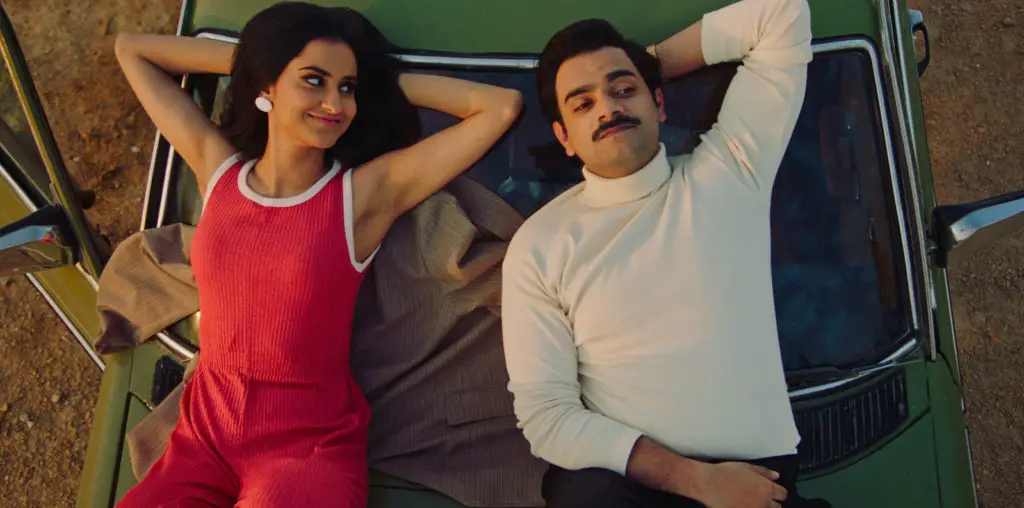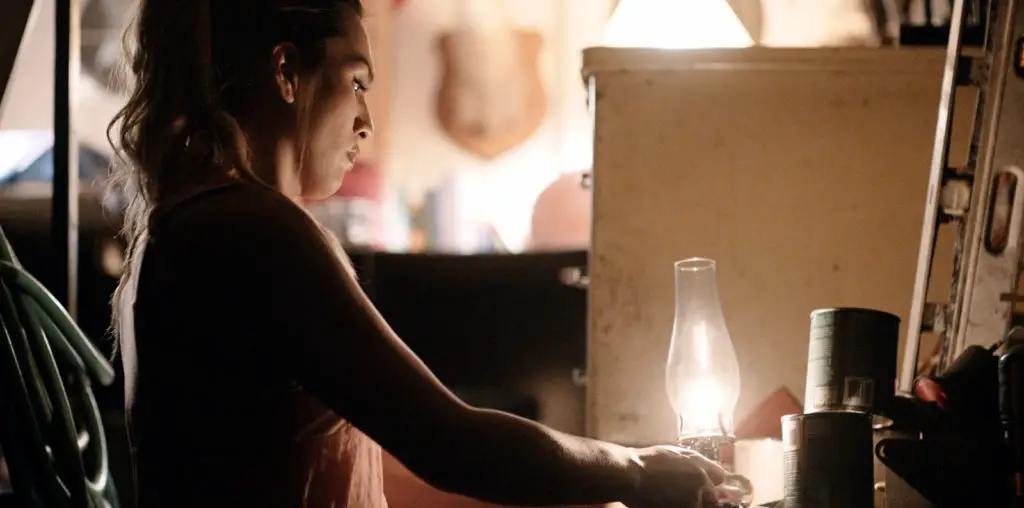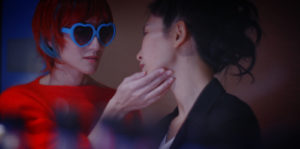
Japan is a conservative nation. Further, it has a population crisis. This is to say the population is dwindling. Accordingly, I imagine it really irks the common Japanese person when their population is not especially straight. Such is the backdrop for the bittersweet romance feature, Matcha and Vanilla. Here, we meet a committed Lesbian couple. Ai (Qyuko Kudo) and Yuki (Tomako Hayakawa) have been together for a decade. The film even opens with their first date at a quiet cocktail bar. There, they discuss the blend of Matcha, which is bitter, with Vanilla – the sweet element.
Matcha and Vanilla is not the first film I’ve reviewed that explored the bleak job market in Japan. That honor belongs to Under a Red Bridge. Unlike that lovely cinematic bon bon of Magical Realism, Yuki and Ai exist in a Japan which aligns more closely to reality. Money woes, the perpetual search for office work, and the brutally crushing sense of personal dishonor that associates itself with being unemployed are all explored in this film. Everyone in Yuki and Ai’s orbit is struggling. Problems erupt tragically when Yuki is diagnosed with lung cancer, even though she has never smoked. This terrible diagnosis, for a woman struggling to find a job, feels almost too much to bear. How Ai and Yuki cope with Yuki’s lung cancer is the drama that propels Matcha and Vanilla to a deep exploration of all couplings, not just gay ones.
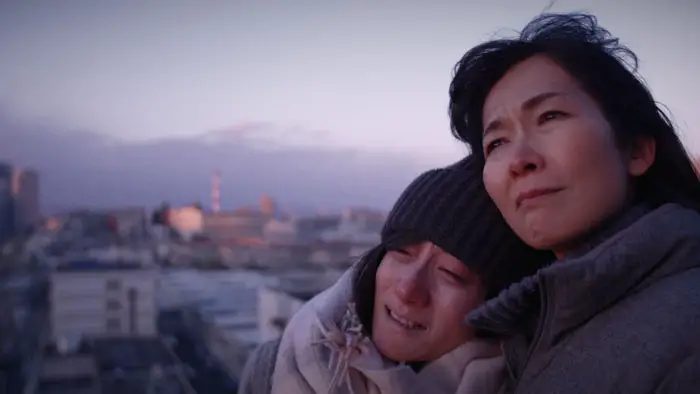
“Problems erupt tragically when Ai is diagnosed with lung cancer, even though she has never smoked.”
One of the most haunting sequences appears at the top of the second act. Yuki is wandering in a daze after her diagnosis, and all her pleasant memories of her relationship with Ai play out for her. It’s not a truism that your life entirely flashes before your eyes when you’re dying. What happens is akin to the montage Yuki experiences. Memories that directly relate to the crucible you are failing to defeat are what your memory bank dredges up.
Matcha and Vanilla is powered by a screenplay prepared by Kudo and Hayakawa with Hamish Downie’s assistance. Downie has prepared a great many shorts and videos. He is a seasoned craftsman, and it’s clear what he did in support of Kudo and Hayakawa’s screenplay was to prepare it in proper formatting and remind these imaginative ladies how to prepare story beats. Matcha and Vanilla is very much a showcase of Kudo and Hayakawa’s storytelling and acting. It’s quite brave to act in the screenplay you write. It also speaks to the conservative nature of Japan. These two ladies want to portray themselves as they are. To bring forth their gay selves, they had to prepare a movie themselves. I can tell you, gentle reader, that this is a very well-drafted script. The acting, particularly in Kudo and Hayakawa’s parts, is wonderful. You almost wonder if they are actually a real-life couple of many years. There’s an effortless playfulness to the manner in which they interact with each other. It’s quite something to witness.
Ultimately, Matcha and Vanilla proves to be a delightful bittersweet concoction. The metaphor perfectly captures every aspect of the central couple’s relationship and the film’s plot. If you enjoy LGBT cinema or even want to see a good Japanese romance, seek out Matcha and Vanilla. This one pulls at all the heartstrings.
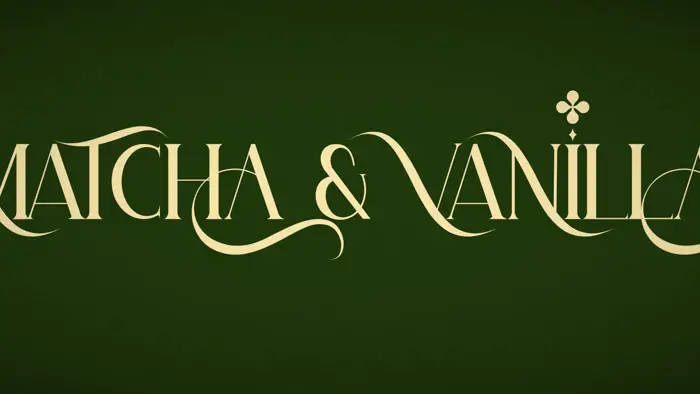
"…a delightful bittersweet concoction..."
